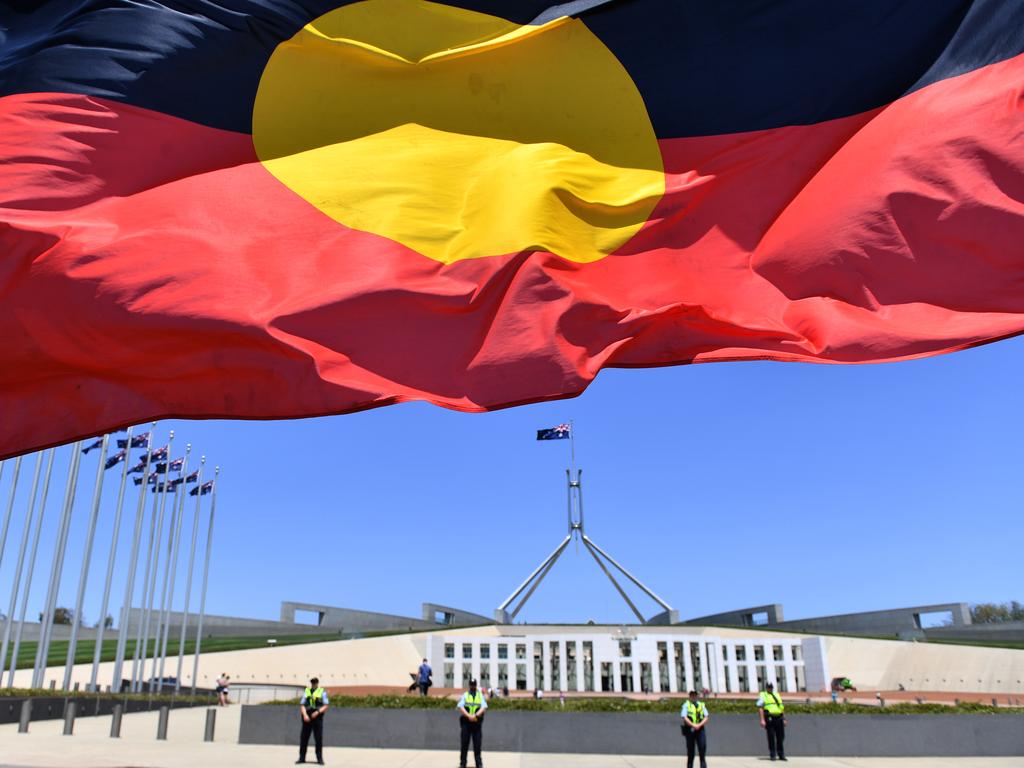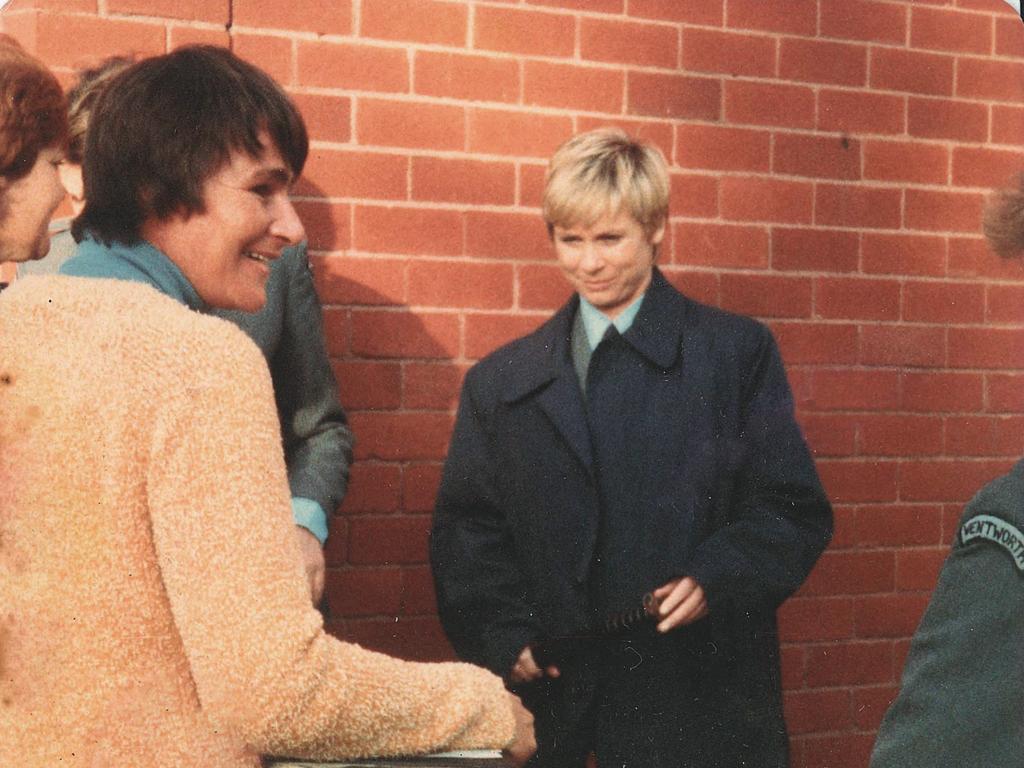Inheritors of feminist plan channel the rage, and win

We can now put to bed the idea that women will not vote for women. This hairy old chestnut has been trotted out throughout my 80 years.
The pictures show us a different truth of women supporting female candidates, both in parties and the women independents. And the men like Paul Murray crying in disbelief and, I assume, rage that it had come to this, despite their reassurances to their viewers that their reality would win.
Asked by a friend if this was the fulfilment of the Women’s Electoral Lobby (WEL) dream, I responded that the short answer is yes.
A small group of Sydney activist women met in March 1972 to discuss the proposal of Victorian academic Beatrice Faust to support the founding of a political pressure group, called the Women’s Electoral Lobby. When I reflect on the changes since that meeting I think what a long way we have come.
When journalist Caroline Graham, teacher June Surtees and I agreed to be the founding WEL conveners we were working on instincts about fairness and justice, and wanted change and our share of the action.
We were the first significant best-educated cohort of Australian women, and we attracted to our cause like-minded women.
Our plan was to interview all candidates for the 1972 election to find an answer to the question: how did political candidates define women’s roles in Australia?
We assumed that evidence would trump all, and we would receive thoughtful answers to our key issues. They were equal pay and equal employment opportunity; free contraceptive services; abortion on demand; better education opportunities for women; and free 24-hour childcare.
When the questionnaire was completed, we were gobsmacked by views expressed by male candidates. WEL discovered and engaged a new network of women who wanted to be active in the politics and leadership of Australian democracy. We are grandmothers now and we remember the similarities in the ways politicians ignored us then and now. We remember when PM )William McMahon was asked questions about our agenda. McMahon, and many of his fellow conservative MPs, showed an outstanding lack of interest in these questions.
Too late, McMahon realised his error. And though he promised to hold a royal commission on the status of women – a popular, political response – he insisted he did not want to discuss abortion, birth control or equal pay. He didn’t have to honour his promise because he lost the election shortly after to Gough Whitlam, who had promised to address these matters.
Could this ring a bell for the man who didn’t hold the hose? The prime minister who would not meet the women in Canberra outside Parliament House and reminded them they were lucky to live in Australia and be able to demonstrate without being shot at?
WEL became recognised as pragmatic, reform-oriented feminism. We wanted results.
We used the opportunities the Whitlam government offered, to achieve change and help define what change might be possible in the future.
WEL was focused on challenging the long-held views about how women voted. People had assumed that women were more politically conservative and would merely duplicate their husbands’ voting patterns. It made sense to target women in different ways.
I reflected on this when I ran Kerryn Phelps’ campaign for the Wentworth by-election in 2019. While on the streets handing out how-to-vote cards, I was surprised by how many husbands still assumed their wives or partners were voting as they did.
WEL was the political bombshell of 1972, as it changed the nature of public debate by and about women. The Age stated: “The election must go down in history as the first in which the average woman is really interested, and much of this interest is due to WEL.”
The teal candidates are the daughters/inheritors of the WEL feminist agenda. They are well-educated professional women seeking change in the leadership of the nation and insisting on a share of the action. They have channelled the rage of Australian women in a deliberate and strategic way. They will be of great value to our parliamentary democracy.
Allegra Spender, who won Wentworth, said: “I’ve got girls and I think it is really important for them that women are in politics, that women are leaders.”
I could add that she cares about climate change, tax reform and public education, and she listens. The sitting candidate seemed at times bemused by her focus, strength and professionalism. When I was campaigning for Phelps, grown men felt the need to explain to me that this was a seat that delivered prime ministers. The sense of entitlement and injury at being challenged by a woman was palpable.
The teals’ time has come; the political landscape has changed. They speak of respect and responsibility and their wish for a better world. They understand the urgency of dealing with climate change and refuse to accept the disconnect between the community and representation in parliament.
ABS data reveals professional women are now the largest single occupation group, having overtaken male technical and trade workers in 2015. Their value was ignored and they were seen as wealthy girls playing games and destroying the good men of the Liberal Party. How tone deaf can you be?
In his farewell speech, Scott Morrison acknowledged tradies and defence personnel. Not the women who have suffered disproportionately through the pandemic, or the women enraged by the treatment of Brittany Higgins, Grace Tame, Julia Banks and Christine Holgate, who share the honour of being publicly treated with disrespect.
The great legacy of our feminist activity in the ’70s was the education of women. Australian women now rank No.1 in the world for educational attainment, but we have dropped from 15th to 50th in the World Economic Forum Global Gender Gap Index.
This meant that the talents and aspirations of women are underutilised in our nation.
The WEL scorecard model of the ’70s has been a useful aid and the recent election produced many scorecards from women’s groups. The results were fairly consistent: Independents, Greens and the ALP consistently outscored the Liberal government on gender issues. There is consistent push-back on responding to the questionnaire or attendance at a public meeting where all candidates can be questioned.
Women see this as a lack of respect and frankly indicating how little interest political parties have in our political views and lives. And more importantly our leadership.
The success of the teals will change this – and hopefully forever. We are different now, older and wiser, and we know how to play the long game. We got smart and used the systems we have developed to drive change. We have learned that change is not linear and incremental.
We need to be opportunistic, strategic and vigilant. We want respect in our own right and the responsibility that goes with it.
For all of the above reasons, I supported Allegra Spender in Wentworth.
I felt confident that women would be the key group to change the government, and the numbers support this: she won 54.2 per cent of the vote.
How could we not be proud of the young women challenging the status quo?
Wendy McCarthy has recently published her memoir, Don’t Be Too Polite, Girls.






The dark clouds of disrespect, a lack of equity in our nation and an increasing fear for the safety of many women, in their own homes as well as our public spaces, lifted on Saturday night when the Morrison government’s values offer was strongly rejected by Australian women and men. The gender voting patterns will be clearer in a couple of weeks.